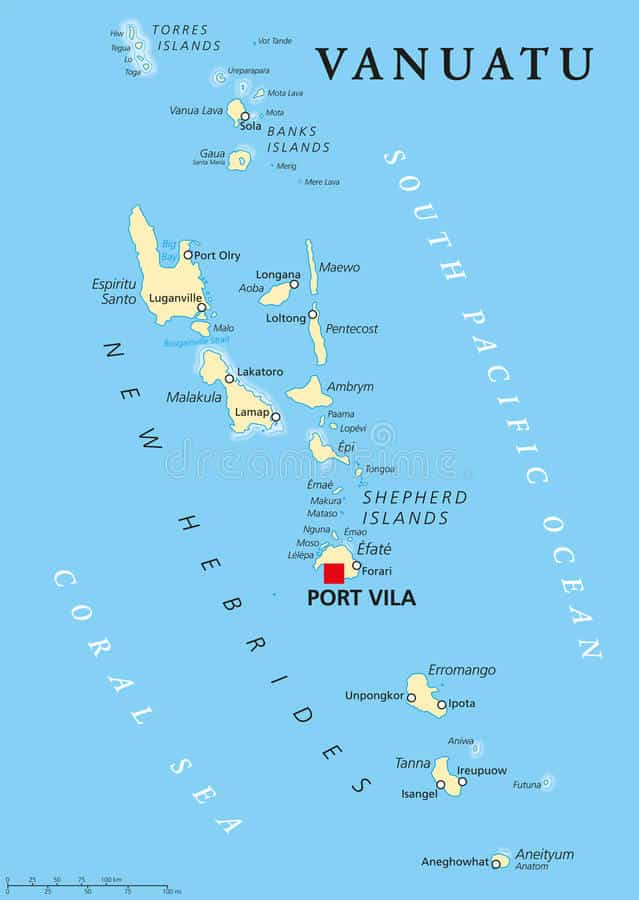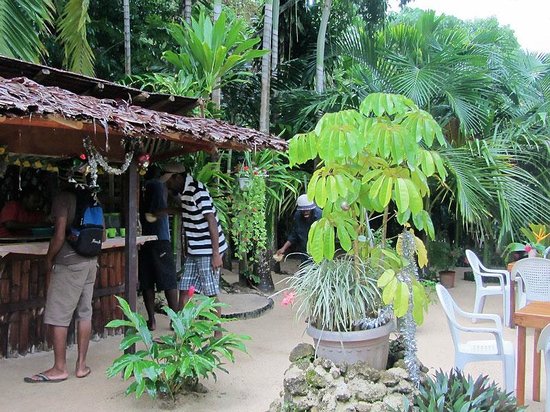Vanuatu Kava
Vanuatu kava history
Kava has been a part of the Ni-Vanuatu culture for over two thousand years. Moreover, it is believed that the first people to cultivate kava were the Melanesians. For instance, many of them migrated from Papua New Guinea to Vanuatu.
Vanuatu is made up of 83 islands and is in the South Pacific Ocean. The Indigenous people of Vanuatu were called the Lapita. Furthermore, the belief is that they brought kava with them when they settled in Vanuatu. Historically, they used it as a medicine for all sorts of ailments, including headaches, fevers, toothaches and more.
In 1838, missionaries from Europe arrived in Vanuatu on their way to Fiji and Tahiti. They brought with them Christianity and a desire to convert Native peoples around the world. When they arrived in Vanuatu, they found that many people had already converted to Christianity. This was because of their strong ties with other countries such as Fiji and Tahiti (they had already heard about Jesus). However, some people continued practising traditional beliefs even after conversion. These included using kava for healing purposes as well as for celebrations such as weddings or funerals. In fact, Vanuatu Kava ceremonies are still commonly held today by both Christians and non-Christians alike!

Kava and the culture of Vanuatu
In Vanuatu, the kava culture is embedded in every aspect of life. Hence, there is a saying that goes something like this: “kava is life.” And it is true! Kava is the national drink of Vanuatu. It is served at birthdays and weddings or while you are mourning a loss of loved one. Additionally, even just hanging out with friends is another cause for drinking kava. Interestingly, the roots of this tradition date back thousands of years to when people first started drinking noble kava. This was due to them believing that doing so would bring them closer to God.
Nowadays, younger generations are not as religious (and many are not even Christian). However, they still love drinking kava because it helps them relax after a long day of work or school. On top of that of course, Kava is their “go-to” when they’re just hanging out with friends. When you visit Vanuatu for yourself, you will see how important kava is to everyday life here on these islands!
Local methods to produce Vanuatu kava
Traditional
Traditional kava preparation varies from island to island. In all preparation techniques, kava is prepared using the fresh green root. This is different to Fiji where kava is always prepared using dried powdered root. Some of the Vanuatu preparation techniques include:
- Tanna island - Prepubescent boys chewing kava then spitting the juice into serving bowls. Yep, its gross!
- Paama island – Pieces of coral are used by Paama islanders to grind the kava with water. Then they serve it in a coconut shell to drink.
Contemporary
Kava Bars – Nakamals

Vanuatu kava bars (known as nakamals) are where people consume most of their kava. Preparation methods here normally involve:
- Cleaning of kava roots
- Grinding of kava roots using specific grinding machinery.
- Squeezing the ground kava root in with water.
Summary
When visiting Vanuatu, it is essential that you visit a nakamal. Late afternoons are a social event with ni-Vanuatu, expats and tourists enjoying a few shells of kava. As such, it is a fantastic social tonic that brings people from all levels of society together.
For example, it’s not uncommon to see barristers speaking with the local plumber. This is in addition to them being known to give guidance to tourists on how to drink kava. And all of this happening on the one night!
